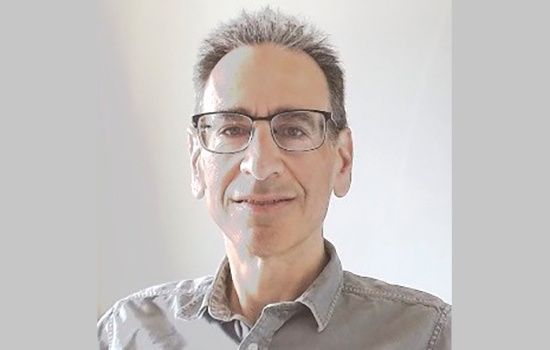
EAS Seminar: Marc Hirschmann (Minnesota)
The Deep Earth Oxygen Cycle
Earth’s mantle has been oxidized compared to its cosmochemical building blocks since the earliest Hadean. The origin of Earth’s significant oxidative power is linked to Earth’s initial differentiation, including processes in magma oceans, but these remain poorly understood. New ultra-high pressure (diamond anvil) experiments help illuminate the role of magma oceans in this process. During subsequent evolution to the present, Earth has developed a substantial oxidized surface reservoir that amounts to approximately 20% of the oxidative power of the accessible Earth, with the other 80% remaining in the mantle. This surface reservoir is essential to the modern surface environment, but originates largely from the mantle and to date this coupled surface-interior redox evolution lacks quantification. The oxidative state of Earth’s interior is usually quantified based on the concept of “oxygen fugacity”, which is an expression of chemical potential, but understanding of Earth’s redox dynamics requires reframing in terms of mass balance. Quantifying the relationship between oxygen fugacity and mass balance allows examination of the hypothesis that Earth’s mantle and surface oxygenation have co-evolved, including changes associated with the “Great Oxidation Event” at the Archaean/Proterozoic boundary.
Bio:
Marc Hirschmann is a Distinguished McKnight Professor of Earth Sciences at the University of Minnesota, where he has worked for more than 25 years. His interests include experimental and theoretical petrology, global geochemistry, and planetary science. Over the last decade, his focus has been on the topics of deep Earth and planetary volatile cycles, magma oceans and the accretion and early differentiation of terrestrial planets, redox evolution of planetary interiors, and refinement of microbeam analytical techniques in support of these studies. Hirschmann’s honors include membership in the National Academy of Sciences and election as a fellow in the American Academy of Arts and Sciences.